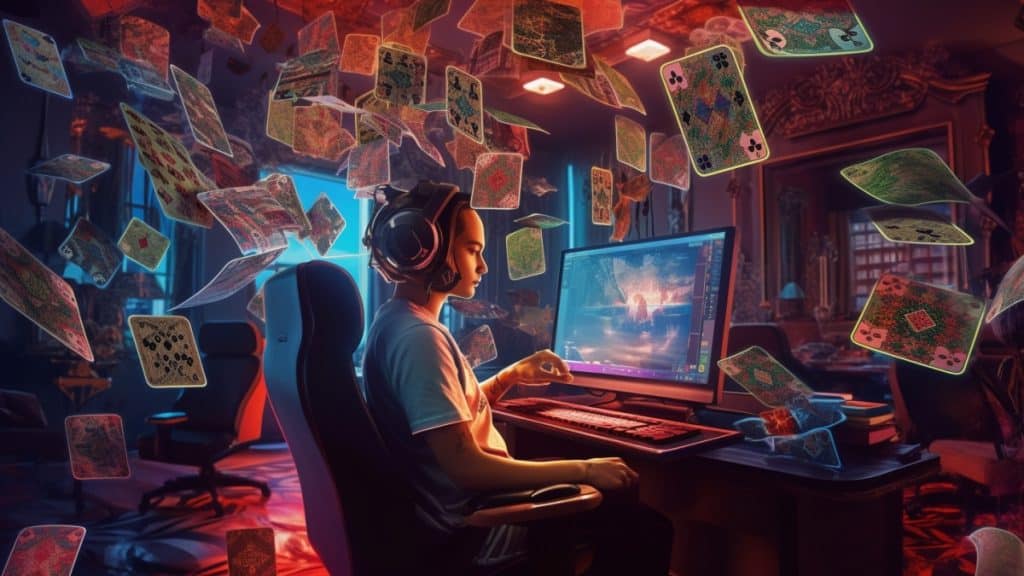Games have been an integral part of human civilization for centuries, evolving alongside our cultural and technological advancements. From ancient board games like Chess and Go to today’s immersive video games, the concept of play has continually transformed, shaping entertainment, education, and even social interactions. This article delves into the world of games, exploring their historical significance, types, and the role they play in contemporary society.
1. A Brief History of Games
The history of games can be traced back to ancient civilizations. Early forms of games, such as dice and board games, were used not only for entertainment but also as tools for strategy and problem-solving. Games like Senet in ancient Egypt and the Royal Game of Ur from Mesopotamia were predecessors to modern games that combine skill, strategy, and luck.
With the invention of cards and board games in medieval Europe and Asia, the notion of recreational gaming spread globally. Fast forward to the 20th century, the rise of electronic gaming marked a new era, culminating in the video games that have become a central part of modern entertainment.
2. Types of Games
Games come in various forms, each serving different purposes and catering to different preferences. These can be broadly classified into several categories:
- Board Games: These involve physical boards and pieces, where players compete or collaborate according to established rules. Examples include classics like Monopoly, Scrabble, and Risk.
- Card Games: Games played with cards have been a staple for centuries. Popular variants include Poker, Bridge, and Solitaire.
- Video Games: This category has revolutionized the gaming industry. From simple arcade games like Pac-Man to complex, open-world experiences like Grand Theft Auto, video games offer a wide variety of genres including action, adventure, role-playing, and simulation.
- Sports and Physical Games: Traditional games like soccer, basketball, and tennis are deeply rooted in human culture. These sports encourage physical activity, teamwork, and competition.
- Puzzles and Brain Teasers: These games are designed to stimulate cognitive skills and often challenge players to think critically. Sudoku, crosswords, and jigsaw puzzles fall under this category.
For an exciting and diverse selection of Slot Online games, visit Wuzz88 and start playing today!
3. The Rise of Video Games
The video game industry has seen explosive growth over the last few decades. What started as a niche hobby in the 1970s and 1980s with the advent of consoles like Atari and Nintendo has now grown into a multibillion-dollar global industry. Major franchises like Call of Duty, FIFA, and Fortnite dominate not just sales but cultural conversations as well.
Video games have evolved in complexity, with narratives rivaling those found in movies and TV shows. Multiplayer online games, such as World of Warcraft and League of Legends, have transformed how players interact, fostering global online communities and professional esports competitions.
4. The Impact of Games on Society
Games influence society in profound ways, extending far beyond mere entertainment. They have been used in education, providing interactive and engaging learning experiences. Educational games and gamified learning platforms help teach subjects like mathematics, history, and science.
Moreover, the gaming industry has become a significant cultural force, influencing movies, television, and even social media trends. Games also provide a platform for creativity and innovation, with many players designing their own game content or modifying existing games to create new experiences.
5. The Future of Gaming
The future of gaming holds exciting possibilities. Advances in technology such as Virtual Reality (VR) and Augmented Reality (AR) are creating immersive experiences, blurring the line between the virtual and real world. Mobile gaming has also risen in popularity, with smartphones enabling people to play games anywhere, anytime.
Online platforms like Wuzz88 offer convenient access to various games, catering to both casual and competitive gamers. With the growing interest in cloud gaming and the increasing power of gaming consoles and PCs, the gaming experience is set to become even more seamless and expansive in the coming years.
6. Conclusion
From their humble beginnings to their current role as a dominant form of entertainment, games continue to evolve. They shape the way we interact, learn, and entertain ourselves. Whether it’s traditional board games or cutting-edge video games, the impact of gaming on our culture is undeniable. As new technologies emerge, the gaming industry will undoubtedly keep pushing boundaries, creating even more exciting experiences for players worldwide.
For the latest in gaming, check out Wuzz88, a platform that offers a wide variety of games to suit every player’s preference.
